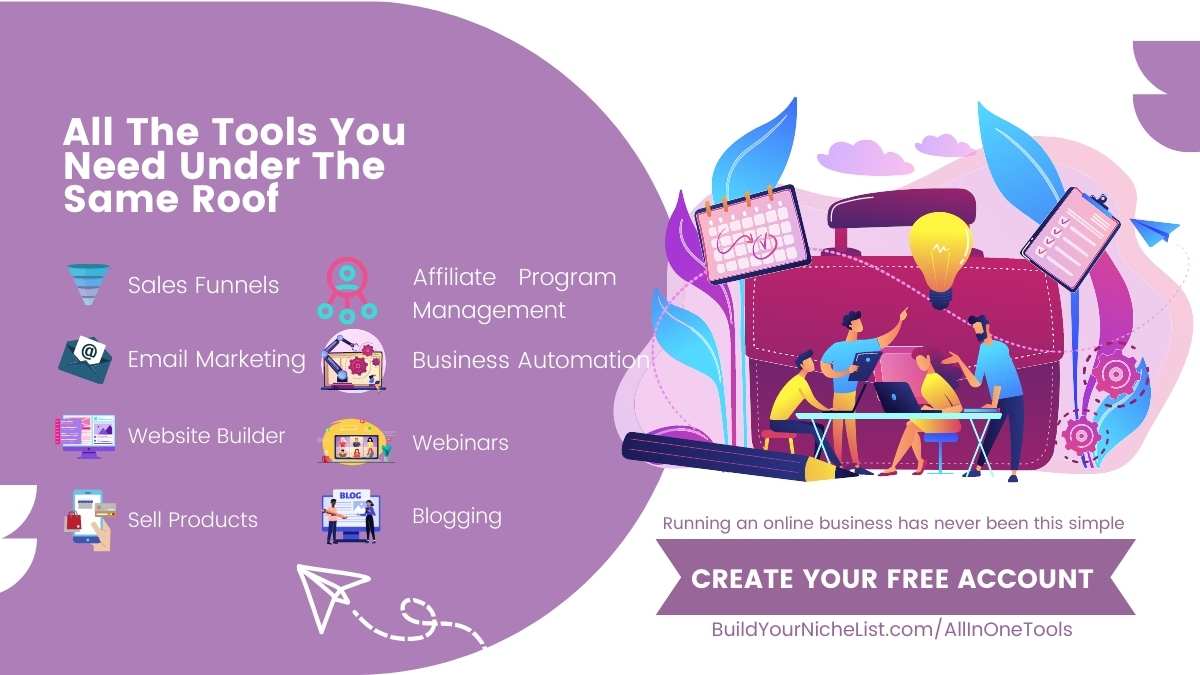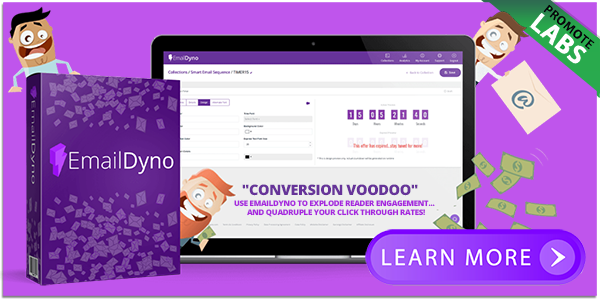
These are some general tips for writing business emails. You can go through them like a checklist before hitting the send button on your keyboard. If you are unable to satisfactorily answer the questions, then review your email.
To start, let’s analyze the three main things that create balance to your email, that is, things to consider to make sure that your email is effective and that it achieves the purpose you intend.
What is the Subject of the Email?
The subject of an email is its purpose. You have to determine and be certain what the email is all about before you start writing. Having a “main” subject in mind keeps you focused. While writing, keep your attention on this. Your audience should not be left confused after reading your email. The subject of the email should reflect in the heading.
Examples of Email Subject:
- Notification of transfer email
- Congratulatory email (for a specific achievement)
- Reporting a missing item email
The list will be a very long one if we continued. Please note that a business email should have only one subject.
Sponsored Insertion >>
Make Grammarly Your Next Best Friend to Write Better Emails
Grammarly is an indispensable tool for people who write important emails, documents, and web contents.

Let Grammarly help you avoid bad grammar and incorrect spellings when writing emails
If you are a manager, sales person or customer service personnel who sends important emails every day, I’m quite confident you would greatly value the quality of your grammar.
Grammarly helps you write important emails professionally by correcting your grammar and spelling errors easily and painlessly.
Once you install the FREE Grammarly extension on your Chrome, Internet Explorer or Firefox browser, Grammarly will quickly check your Grammar and help you change wrong grammar or spelling with just one click.
Bottomline – Grammarly is a “great friend” for people who write important emails. You should try Grammarly right away.
If you prefer Microsoft Add-in, Desktop app or a web app, Grammarly provides them too.
You can easily activate Grammarly here.
>> Click Here to Activate Your Free Grammarly Now <<
Who are You Sending the Email to?
The recipient of your email matters.
The way you address a partner in a company will be different from the way you address an employee or a customer. Also, note that the person you are sending your email to may not be the only one who needs the information you have provided. Whether you are familiar with the recipient of your email or not, it is better to assume that he/she is enlightened and educated. However, be clear, simple and professional in your email to avoid being misunderstood.
How Should I Write My Email?
Keep it Usual
Write your email the same way you would speak if the person you are addressing is in front of you. Do not use overly formal terms.
For example, do not say: ‘in considering the foregoing’. Instead, you may say: ‘considering the point I just mentioned’. In essence, your grammar should be conventional.
Clarity is Critical
If your recipient (or recipients) does not understand you, then the purpose of the email is defeated. Keep in mind that there are other people, apart from the original recipient(s), that may also need to read the email, therefore ensure the content can be understood by all. Avoid trade-related jargons. Give attention to important details.
Be Succinct. Go straight to the point. Avoid unnecessary details. Watch out for long phrases and idioms that can be shortened.
Most people will not appreciate long emails. They may just glance through them and miss the important information you worked so hard to provide. At the end, the impact of the email is very much reduced. Why not keep it brief then? For example, the long phrase ‘in as much as’ can be shortened to ‘though’.
Provide Complete Information in Your Email
Give no room for assumptions when writing a business email. The recipient should have all the necessary details. However, avoid information that could spark interest but will not contribute to the purpose of the email. For example, do not say: ‘I sent John to give you the documents the other day’. What is wrong here? First John is a common name, second what documents are you referring to, and third, what day? Therefore it is more appropriate to say: ‘I sent John, my secretary, to give you the initial draft of the partnership documents on Monday 21 June’.
Be Specific in Your Email
In communicating in business, being specific with details – especially financial details – is extremely important.
Everyone reading your email must be clear when it comes to this. If necessary attach copies of any relevant financial document to avoid choking your email with such information. For instance, avoid saying: ‘we shipped about a hundred crates of apples to your store’. Instead say: ‘we shipped 100 crates of apples to your store’. Let the information in your email be palpable.
Be Positive in Your Email
Positive tone sets the right tune. You may not realize it but your audience is swayed in the direction of the tone of your email. People respond to a positive atmosphere for good; a negative one dampens the air. Emit positive energy in your email.
Avoid phrases or words like: ‘the deal was an utter failure’ or ‘we were frustrated as a result of this’. You can replace these with more agreeable words: ‘the deal did not go the way we hoped’ or ‘we did not find the situation pleasant’. Besides these situations in which negative events had to be communicated – nonetheless in a positive tone – your email should always generally be on the positive tone and inclination. Apart from creating a good atmosphere, it would make reading them a pleasure for your audience.
Be Professional in Your Email
Though you are to keep your email simple and plain, professionalism is also important. They key here is ‘balance’. Balance your professionalism with simplicity. For instance, a car manufacturer who wants to inform his client of the latest technology in car stereos needs to convey his idea in a simple, yet professional manner: ‘the car model you enquired about comes with an Android-based stereo system that synchronizes with your mobile devices’.
Compare that with this: ‘the car model you asked about has a type of stereo that you can use with your smartphone, tablets or laptops’. Clearly, the first sentence is professional, yet can be understood by people in tune with technology.
Ensure Good Grammar and Spelling
Proofread your email thoroughly, it is a professional document; it may even be used for legal purposes.
Do not take this aspect for granted. In the case where a secretary typed for you, please do ensure the ‘send’ button is not hit until you have gone through the email. Check your spellings, grammar and punctuations. You can use Grammarly for this.
Conclusion
Always check to ensure you observed the general rule in writing a business email. If it is a sensitive email that relates to critical financial information double-check the figures. Ensure all necessary attachments are in place before hitting ‘send’!
Quicklinks for Writing Emails Professionally >>






